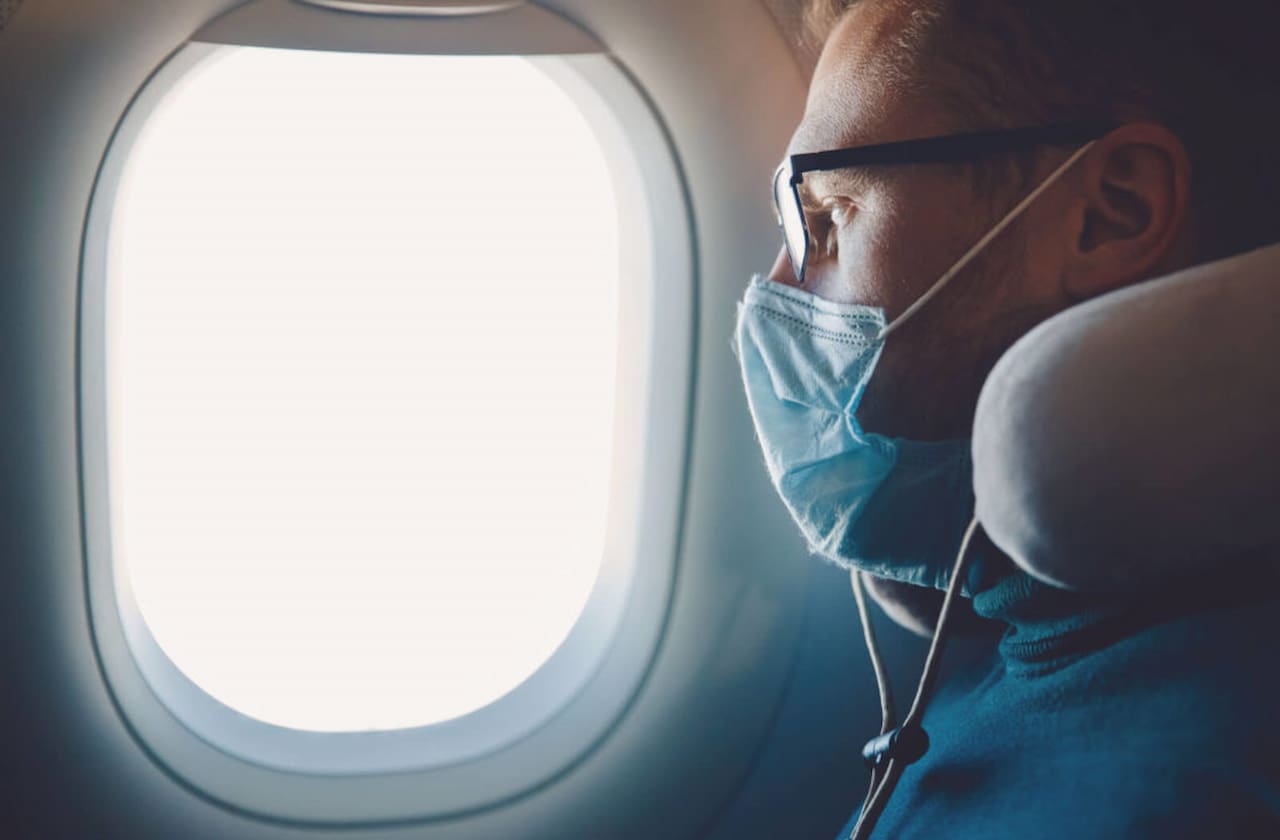Cataract surgery is a transformative procedure that can restore clear vision and dramatically improve one’s quality of life. For many, traveling and exploring the world again becomes a tantalizing goal after undergoing this life-changing surgery. However, the timeline for safely traveling after cataract removal can vary, and it’s crucial to understand the considerations and guidelines to ensure a smooth and successful journey.
The Cataract Surgery Recovery Process
Understanding The Healing Timeline
The recovery process after cataract surgery typically follows a predictable timeline, with specific milestones and considerations for travel.
Initial Recovery Phase:
In the first few days following the surgery, the primary focus is on allowing the surgical site to heal and minimizing the risk of complications. Generally, doctors advise patients to rest and refrain from strenuous activities, including travel, during this phase.
Intermediate Recovery Phase:
As the eye adapts to the new intraocular lens and visual acuity improves, patients may gradually increase their activity levels and engage in light tasks and daily routines. This phase often involves follow-up appointments and the use of protective eyewear.
Late Recovery Phase:
As the eye fully heals and visual function is restored, patients can typically resume most normal activities, including travel. This phase is marked by increased confidence and the ability to navigate the world more clearly and comfortably.
Factors Influencing The Travel Timeline
Type of Cataract Surgery:
The specific surgical technique used, such as traditional cataract removal or laser-assisted cataract surgery, can impact the recovery timeline and the appropriate time for travel. Advanced or complex procedures might necessitate a slightly extended recovery period before travel is considered safe.
Individual Healing Factors:
Every patient’s body and eyes respond differently to the surgical intervention. Factors such as age, overall health, and any underlying eye conditions can influence the rate of healing and the timeline for safe travel.
Consultation with Your Ophthalmologist:
Patients must consult with their ophthalmologist to understand the specific recommendations and timelines for their cases. The ophthalmologist’s guidance determines the appropriate time to resume travel and any necessary precautions.
Preparing For Travel After Cataract Surgery
Discussing Travel Plans With Your Ophthalmologist:
Before making travel arrangements, patients should discuss their plans with their ophthalmologist. The ophthalmologist can provide personalized guidance on the appropriate timing, necessary precautions, and specific recommendations based on the patient’s surgical history and recovery progress.
Considerations For Air Travel:
Air travel can present unique challenges for individuals recently undergoing cataract surgery. Patients may need to take into account various factors, including:
- Eye Protection: Proper eye protection, such as sunglasses or goggles, may be necessary to shield the eyes from the bright cabin lighting and potential irritants.
- Cabin Pressure: Changes in cabin pressure during flight can potentially affect the surgical site and healing process.
- Comfort and Vision: Prolonged sitting and the need to navigate airports and aircraft can be challenging if visual acuity is not fully restored.
When planning travel after cataract surgery, patients should consider ground transportation options and accommodations that provide more comfort and support. This may include:
- Arrange for car service or rental vehicles with ample legroom and visibility.
- Choose accommodations like hotels or vacation rentals that meet the patient’s requirements, like easy accessibility, well-lit surroundings, and accessibility features.
Packing And Preparing For The Journey:
Patients should pack any necessary medications, eye drops, and protective eyewear to ensure a smooth and comfortable travel experience. Planning for any potential emergencies or complications during the trip is also essential.
Staying Vigilant And Maintaining Eye Care:
Regular eye exams and follow-up appointments with the ophthalmologist are essential to monitoring the healing progress and ensuring the eyes remain healthy during and after travel. Patients should also be mindful of signs of infection or complications and seek medical attention promptly if any concerns arise.
Navigating Travel Insurance And Medical Considerations:
Patients should review their travel insurance policies and ensure adequate coverage for any medical needs or complications that may arise during their trip. It’s also essential to research healthcare options and providers at the travel destination if medical attention is required for the eyes or other health concerns.
Timing Your Travel Wisely:
Patients should aim to schedule their travel during the later stages of the recovery process when they are more likely to tolerate the physical demands of the journey and have restored visual acuity. The ophthalmologist’s guidance on the appropriate travel timeline is crucial in this decision-making process.
Conclusion:
Traveling after cataract surgery requires careful planning, open communication with your healthcare team, and a commitment to your ongoing eye health. You can confidently embark on your journey by following the guidance of your ophthalmologist, prioritizing your visual well-being, and incorporating strategies to make your travel experience as comfortable and safe as possible. You can embrace the world with renewed clarity and a newfound appreciation for the beauty surrounding you.





